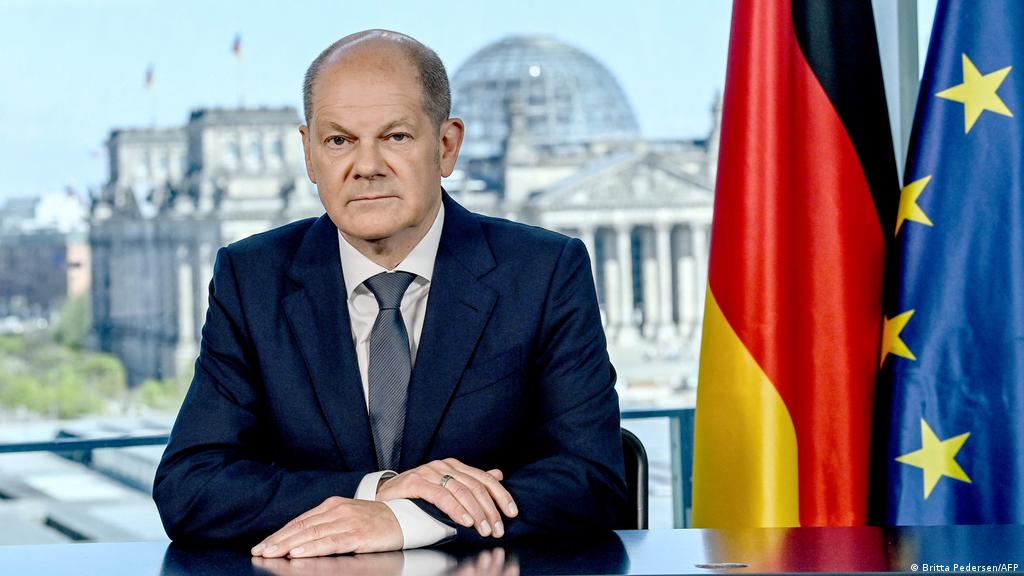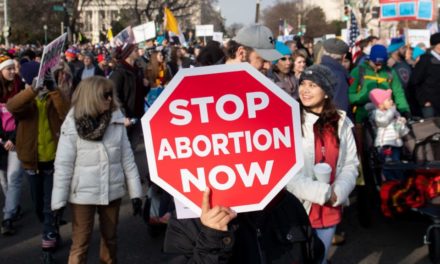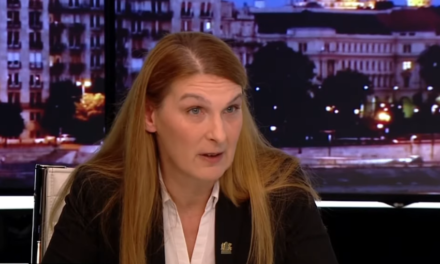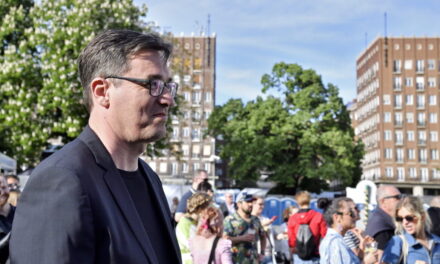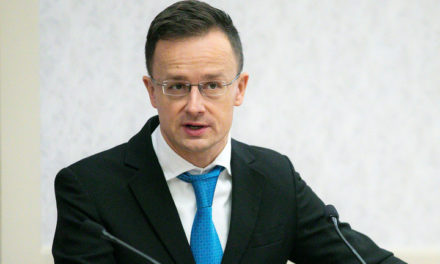The European Union should make it easier for new members to join, German Chancellor Olaf Scholz said in an interview with dpa, published by the German news agency on Saturday. "In the future, we will not be able to decide on everything by consensus, as we do today," he emphasized. (Interesting, it seems to me that this is attacking one of the EU's most important basic values, the guarantee of its existence.)
He said he had developed plans to convince member states to "modernize" the process. "It is time for not only the candidate states, but also the European Union itself to prepare for the expansion of the club," said the chancellor. He explained: for this, the Union's organizations and decision-making processes must be modernized.
The chancellor expressed hope that he will be able to present his proposals at the EU summit to be held on Thursday and Friday. At the summit, the twenty-seven member states are expected to discuss the admission of Georgia, Moldova and Ukraine. A week before the summit, the European Commission recommended the admission of Moldova and Ukraine, which Scholz also supported.
Olaf Scholz called on Russia to ease the global food crisis and allow grain shipments detained in Ukrainian ports to be shipped out.
For the sake of the world, you should hope for an agreement," he said, referring to ongoing negotiations to open a Black Sea export corridor. "Russia must allow safe passage and at the same time give credible assurances that the corridor will not be used for invasion purposes," the chancellor said.
Ukraine and the West accuse Moscow of using food shipments as a weapon.
Russia, on the other hand, justified the stoppage of exports with sea mines and sanctions. The German chancellor announced that he would like to focus on strengthening international cooperation between democratic states at the G7 summit to be held in Bavaria on June 26-28. According to Scholz, the talks between the seven most advanced industrialized countries - the United States, Canada, France, Great Britain, Germany, Italy and Japan - are just the beginning.
"The big, strong democracies of the future are in Asia, Africa and South America, and they will be our partners," said Olaf Scholz, who therefore invited five guests - the leaders of Indonesia, India, the Republic of South Africa, Senegal and Argentina - to the meeting .
Source: mandiner.hu
Featured image: Reuters

